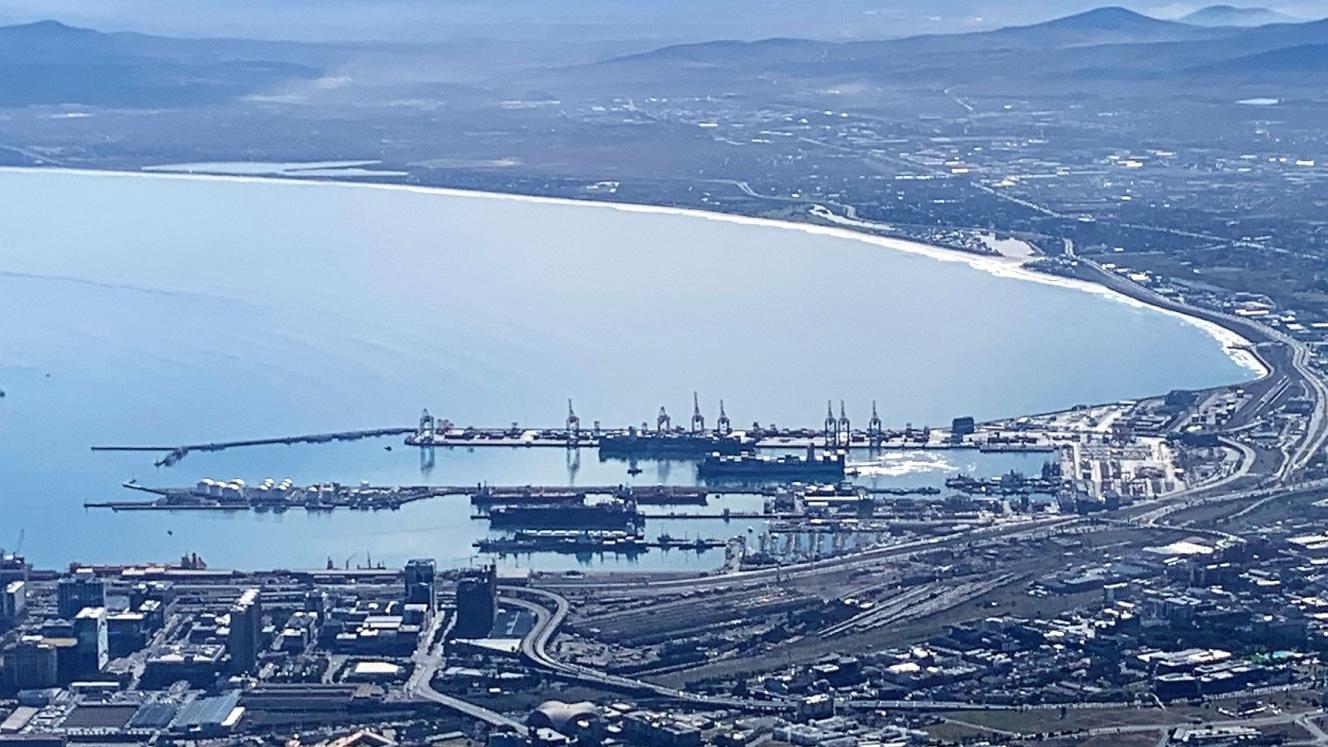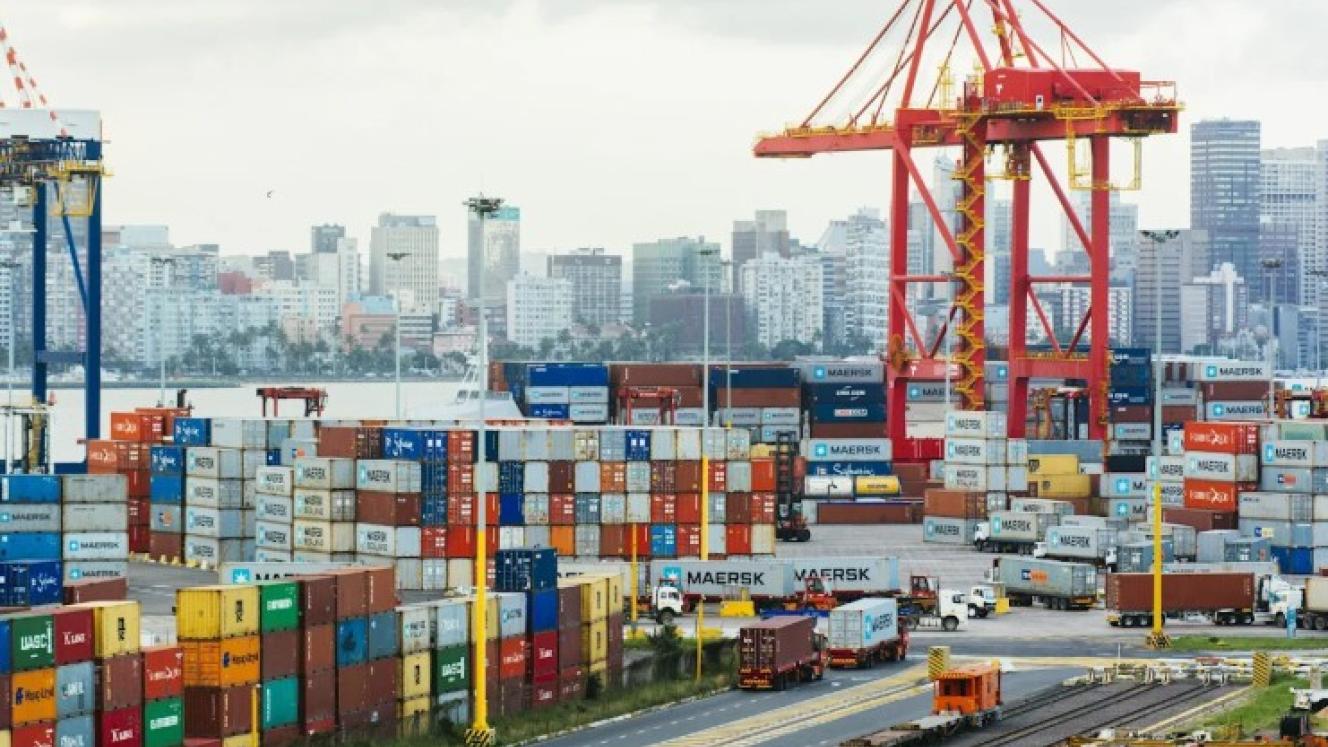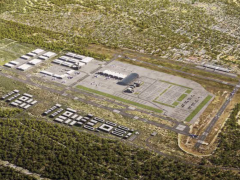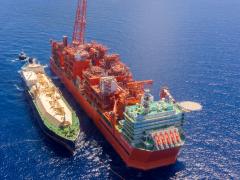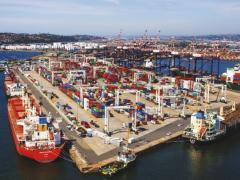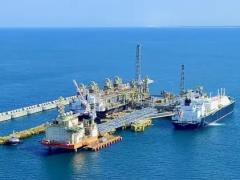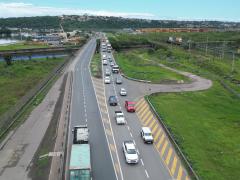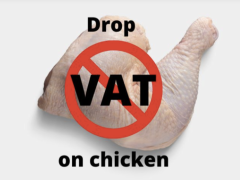The Port of Cape Town will revert to a three-berth operation before the end of July, according to Tshepo Ramonyaluoe, senior manager for operations at Transnet National Ports Authority (TNPA).
Addressing delegates at the Exporters Club Western Cape (ECWC) Ramonyaluoe said plans were under way to optimize the port as a delivery platform, ensuring that cargo came in and out of the city not only at the lowest cost possible but also efficiently.
“It is important to ensure our assets are utilized efficiently,” he said indicating that investment into infrastructure was on the cards. “We are working very hard to complement the flow of containers in and out of the port. In this regard, we have acquired the land parcel at the Culemborg site that will allow for the development of a back-of-port commercial logistics area.”
Truck congestion, a long-standing bone of contention not only inside the Port of Cape Town but also around the precinct, would be addressed by a new truck staging site.
According to Ramonyaluoe, this will be commissioned by 2024 at the latest with the date having been brought forward significantly from 2026. “Truck congestion has been a nightmare inside and outside the port. A truck booking system has managed to address the flow of trucks in the port. An interim truck staging area that can hold up to 110 trucks will open next week (July 4) buying us some critical time as we work on the final site.”
Ramonyaluoe said weather continued to be one of the biggest challenges at the port but the installation of a hydraulic shore tensioning system in April this year at one of the berths at the Cape Town Container Terminal was reducing delays caused by ranging (ship movements caused by wave surges). “We can arrest ranging by as much as 90% with the system and that is quite significant.”
Plans to purchase a helicopter for the port to take pilots out to waiting vessels would also make a difference he said as at present vessels could not be brought into the port during high swells.
Andrea Passoni, trade marketing manager at MSC, welcomed the interventions and plans outlined by Ramonyaluoe, especially the decision to activate three berths again as it improved capacity significantly. “This is great news from a shipping line point of view,” he said. “It will bring about a huge improvement and reduce delays and waiting time for vessels outside the port.”
Passoni said congestion remained a major concern for the lines, not only in South Africa but around the world. “The issues we are seeing at the North American ports far outweigh the situation we have in South Africa at the moment. The shortage of equipment along with the growth of import volumes into the States has resulted in a backlog of cargo sitting in the ports that is a major industry challenge.”
Passoni said in South Africa it was important that port stakeholders continued to put challenges on the government to invest in its ports. “We cannot wait much longer and not invest in the very infrastructure that drives the economy of South Africa. Even if a decision is made to purchase equipment today it will still take 18 months before it is commissioned.”
Lubabalo Mtya, Southern Africa area managing director at Maersk, concurred, saying the importance of ongoing investment in the country’s ports was a serious matter from a competitive point of view. “We are a small part of global trade. Why do containers need to come here instead of somewhere else in the world? We need to drive more collaboration as a country and a region to improve our efficiencies in our ports and become more competitive.”
